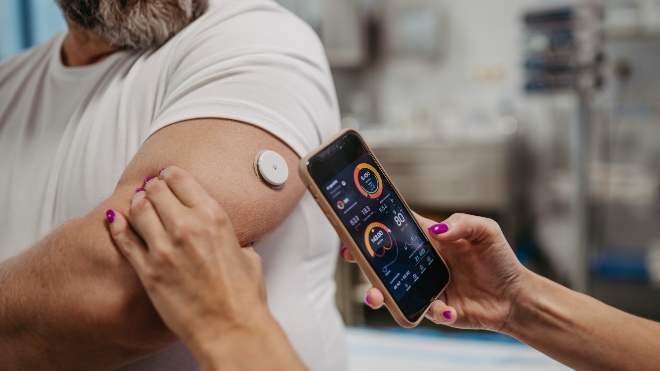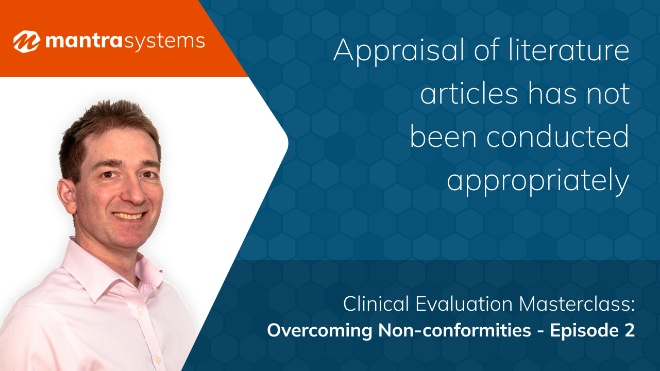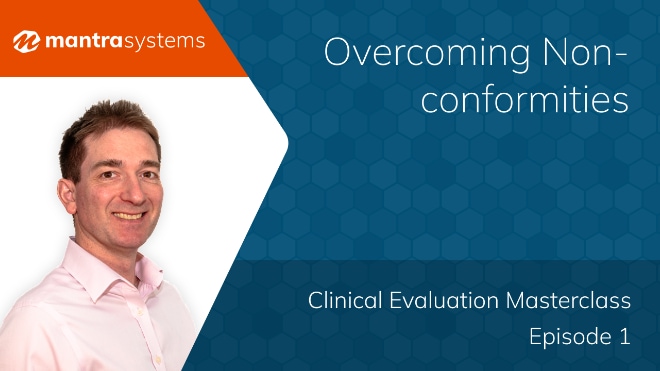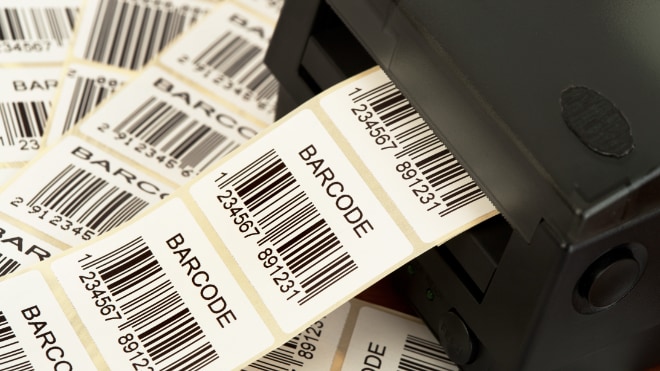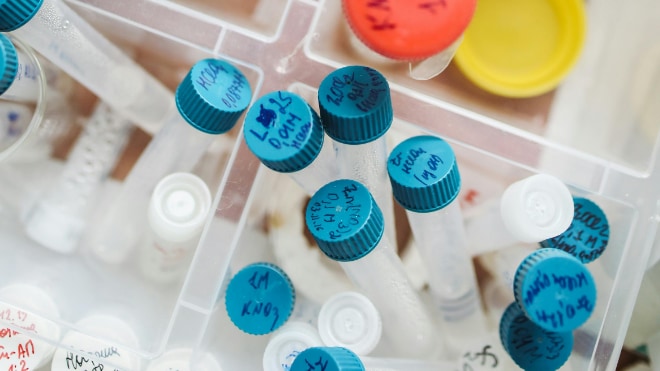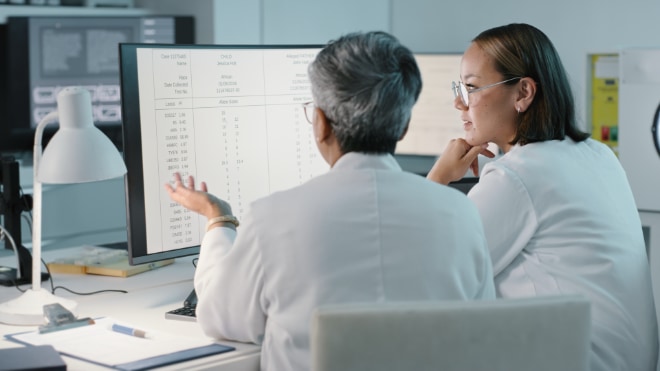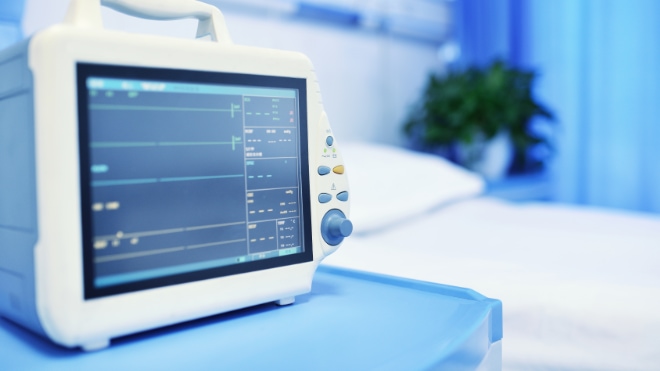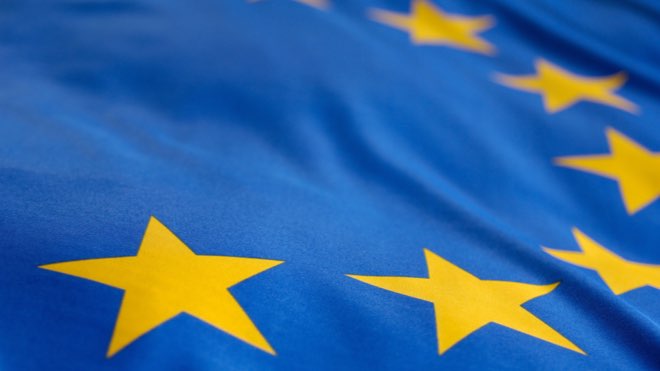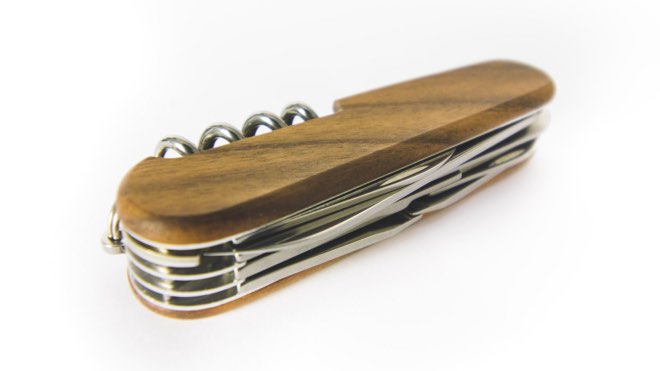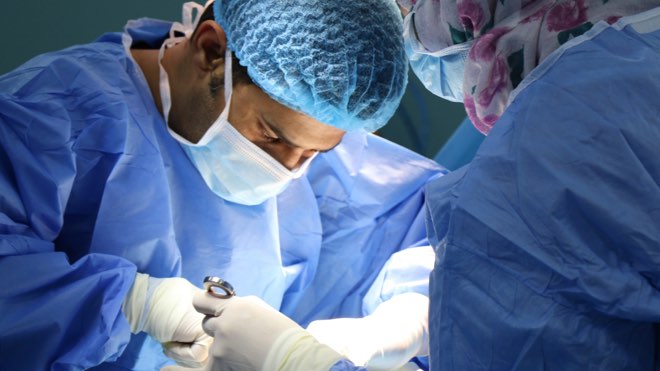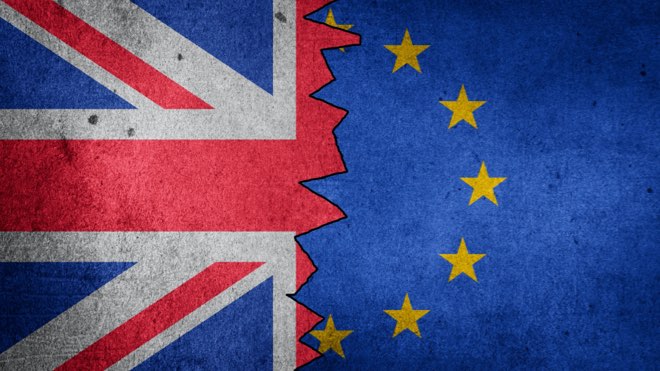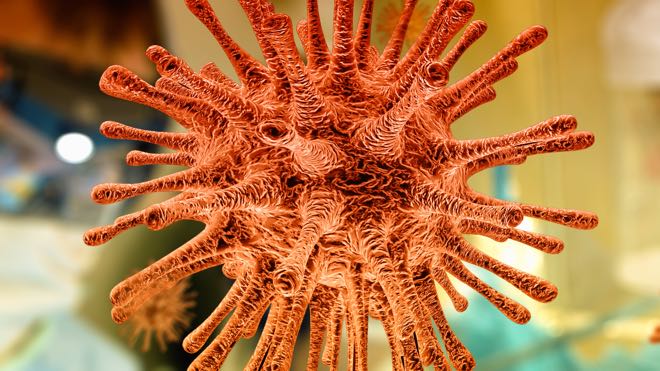
At the EPSCO Board meeting on December 9, 2022, the EU Health Minister urged the European Commission to extend the transition period for the Medical Device Regulation. The proposal was under consideration of the European Parliament and the Council.
On January 6th 2023, the EU commission has adopted the proposal to extend the transition rules of Medical Device Regulation (EU) 2017/745 (MDR) to allow more time for certification and to alleviate the foreseeable shortage of medical devices.
Status quo
Under transitional arrangements, medical devices are allowed to enter the EU market under CE certifications issued according to Directive 93/42/EEC (MDD) or 90/385/EEC (AIMDD). The previously extended MDR transition time was due to end on 26 May 2024, meaning that after this time devices would require a recertification under MDR.
Numerous industry stakeholders and key opinion leaders had expressed concerns in recent months that this deadline is unrealistic and that its implementation could have an impact on the continuous availability of different medical devices required by patients and healthcare providers in the EU.
Moreover, opinions were that the suggested transitional time range could jeopardise research and innovation in addition to availability issues by delaying access to cutting-edge medical devices in EU nations.
In addition to the strong backlash from stakeholders, limitations in Notified Body capacity was also a significant factor in calls for an extension to the transition period.
The proposal
In order to address the concerns and mitigate foreseeable risks associated with device shortage, the EU commission proposed a longer transition period with new deadlines depending on the medical device’s risk class.
It is worth noting that the proposal does not alter any of the existing performance and safety standards outlined in the Medical Device Regulation 2017/745. It only amends the transitional provisions to provide additional time to transfer from the formerly applicable norms.
Key elements of the proposal:
The transition periods for medical devices authorised under Directive 93/42/EEC (Medical Device Directive) will now last until 31 December 2027 for high risk (Class III and IIb) devices, until 31 December 2028 for medium and low risk (Class IIa and I) devices and until 26 May 2026 for class III implantable custom-made devices.
It is important to note that these extensions are subject to certain conditions. They are only applicable to devices:
- that are “safe”, that do not pose an unacceptable risk to health & safety
- which have not undergone any significant changes in its intended purpose or design
- those for which manufacturers have already taken steps to transition to the rules provided by MDR
In case of custom-made devices, the transition period is also subject to the application of the manufacturer for a conformity assessment of the device before 26 May 2024.
Elimination of the "sell-off" date of 26 May 2025 that is currently established in the Medical Device Regulation. The "sell-off" date designates the time after which products that have already been sold and are still on the market should be withdrawn.
Removing the “sell-off” date will, it is argued, prevent safe medical devices from being removed from the market.
What this means
While it will be warmly welcomed by many, the proposal to delay the transitional period now has to be approved by the European Parliament and the Council through an expedited co-decision process. For this reason, manufacturers are still encouraged to continue working towards compliance with the MDR as soon as possible, as the extension is not a “free pass”.
Notified Bodies will be still monitoring and auditing compliance during the extension period, and as outlined above, the transition period only applies to devices “for which manufacturers have already taken steps to transition to the rules provided by MDR.” Additionally, for Class III devices, the transition period is subject to the application of the manufacturer for a conformity assessment before 26 May 2024.
So, whether approved by the European Parliament and Council or not, it’s not time to forget about MDR certification. It may, however, take off some of the pressure.
Please contact us if you have any questions about this article or would like to discuss our products and services in more detail.







